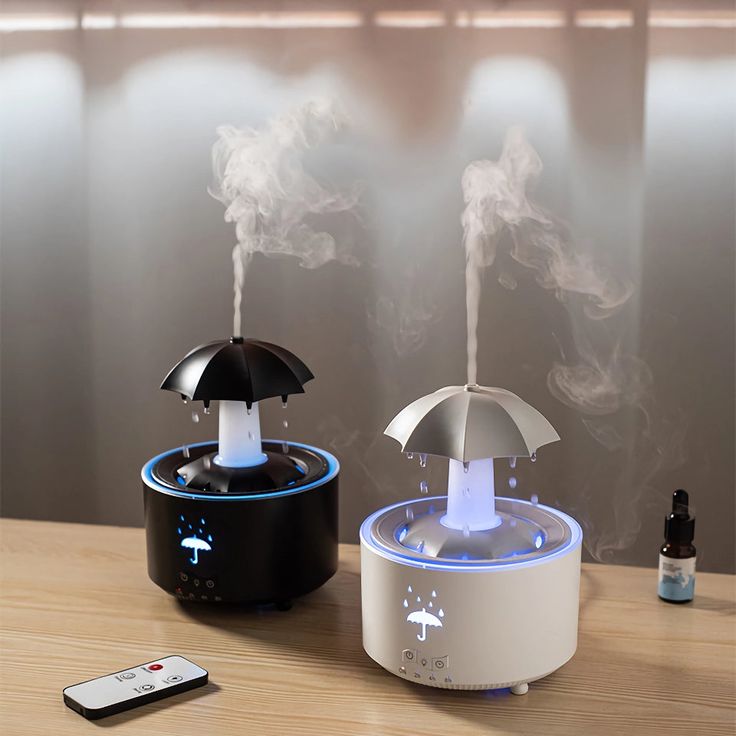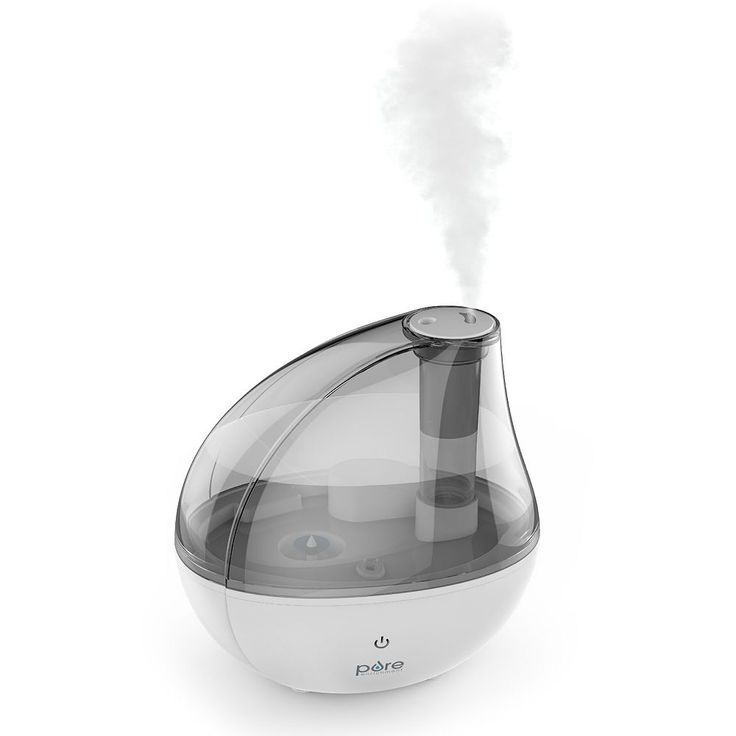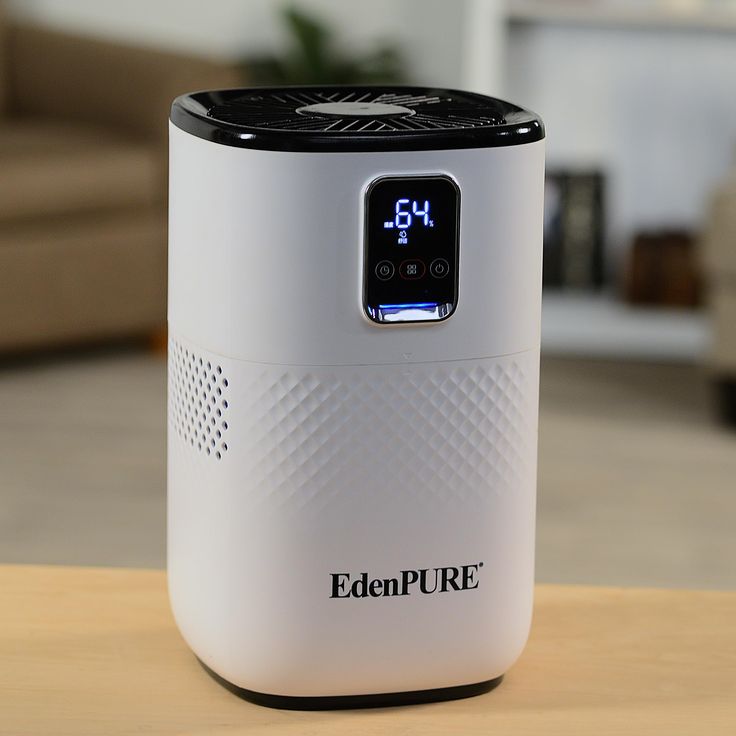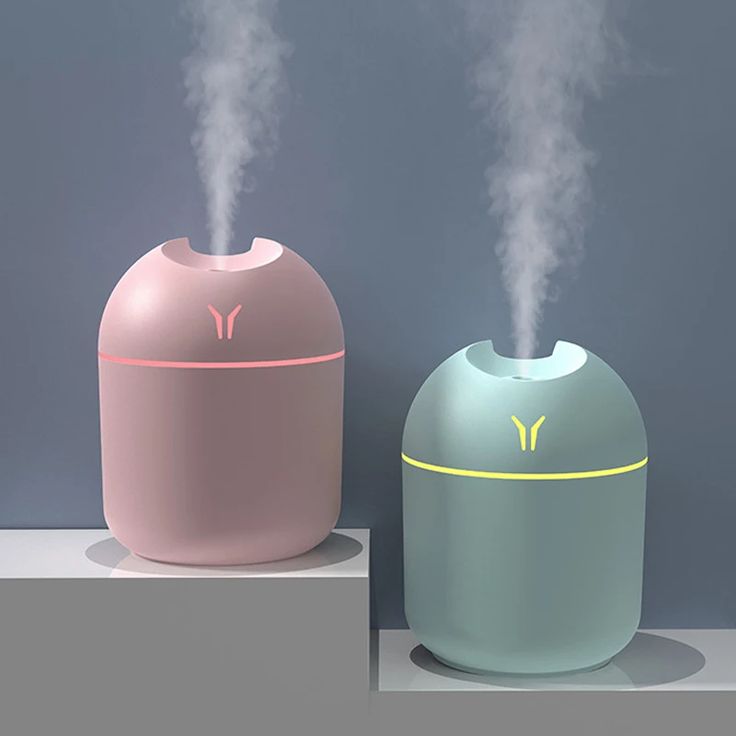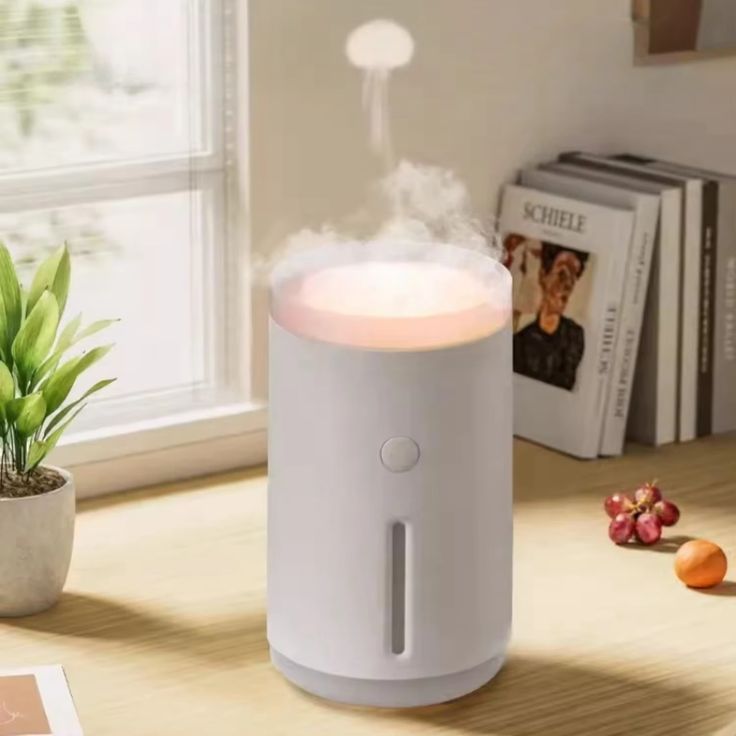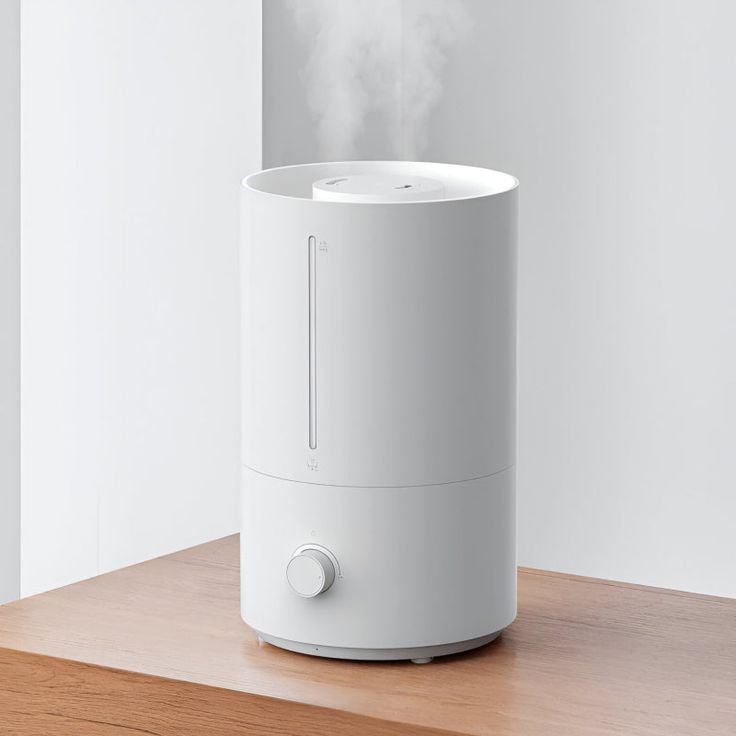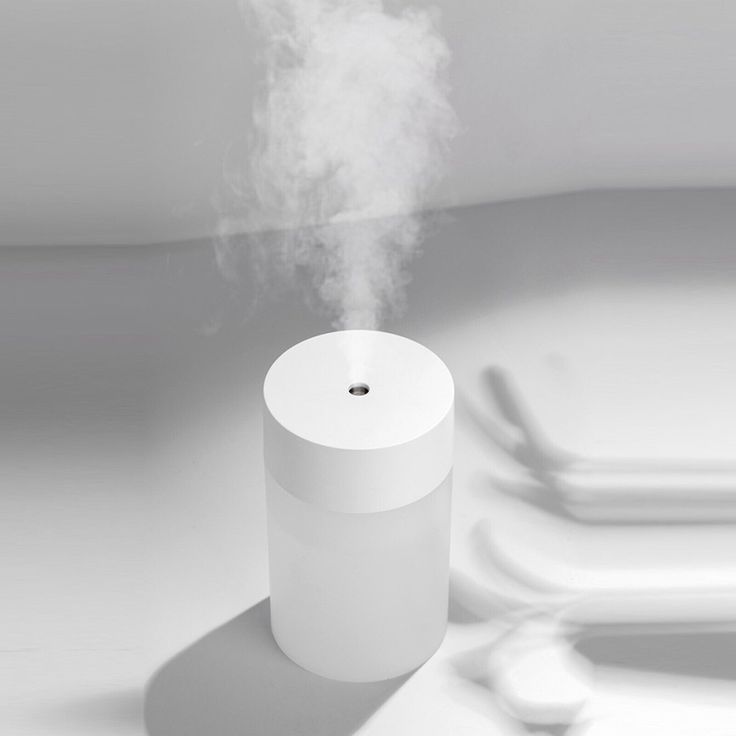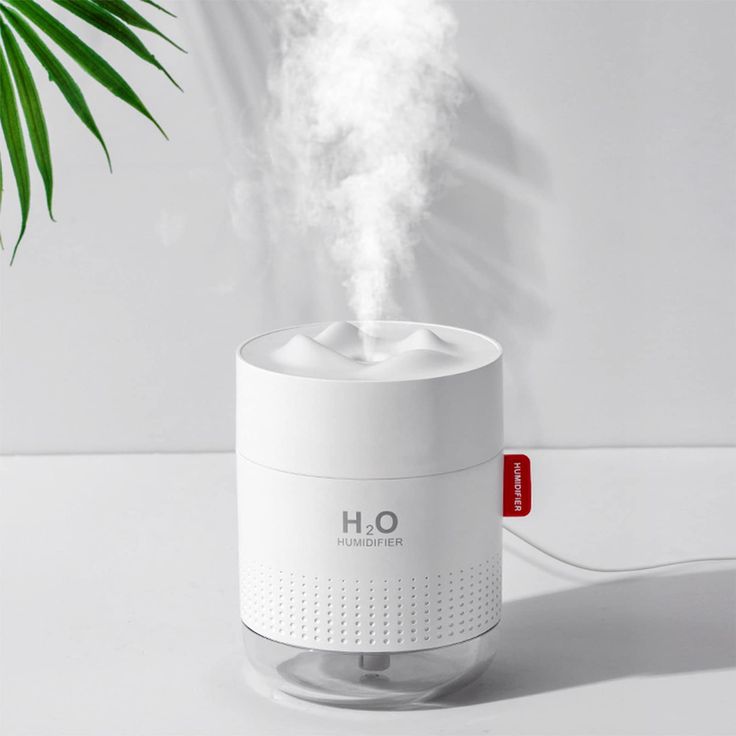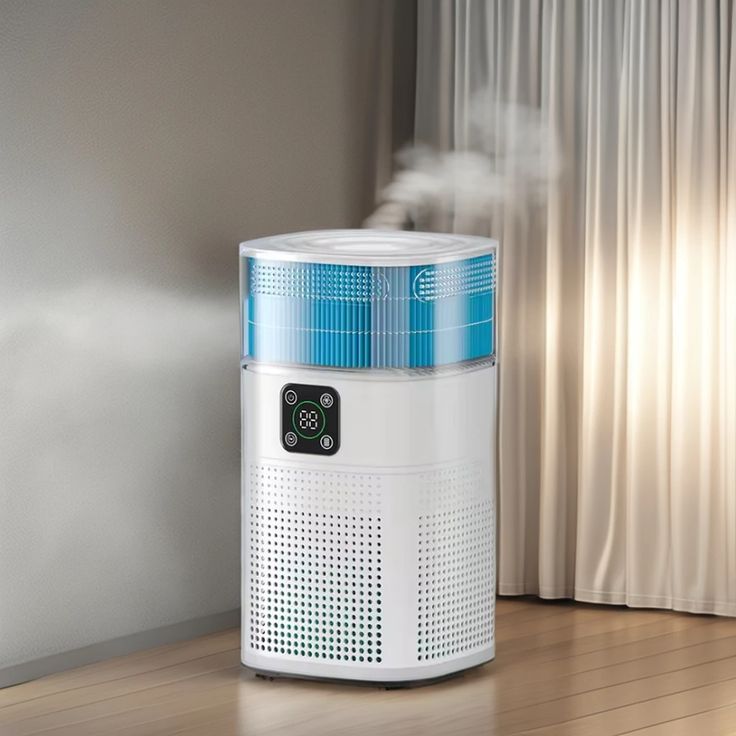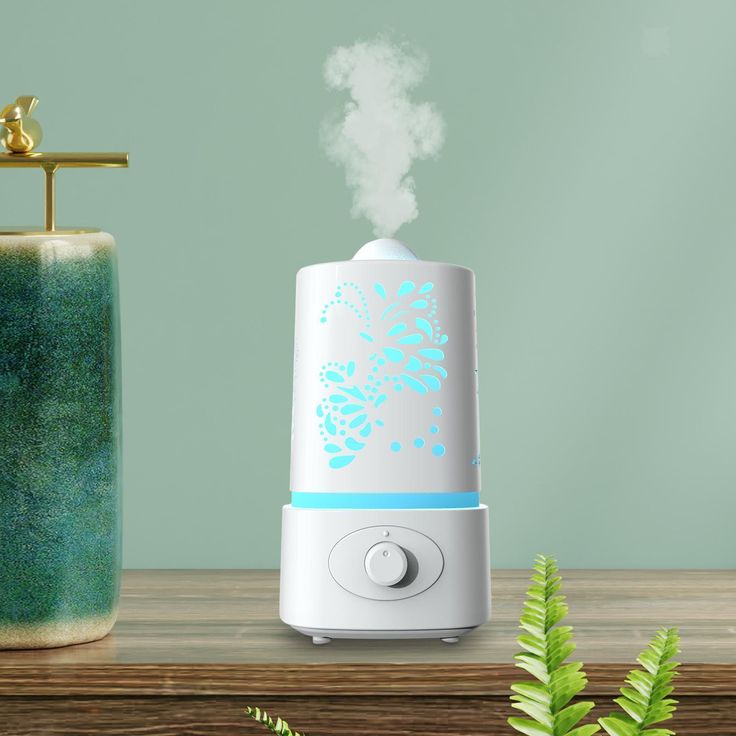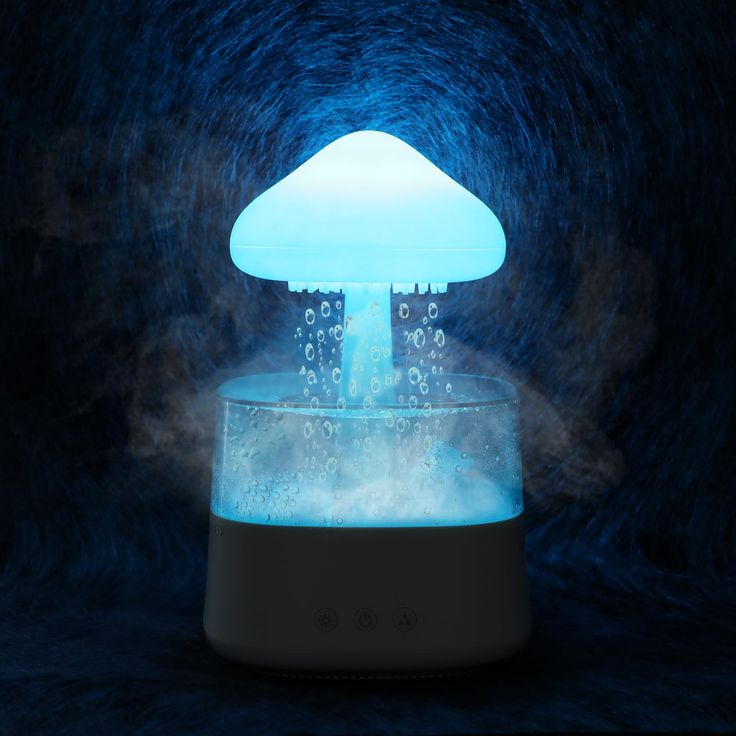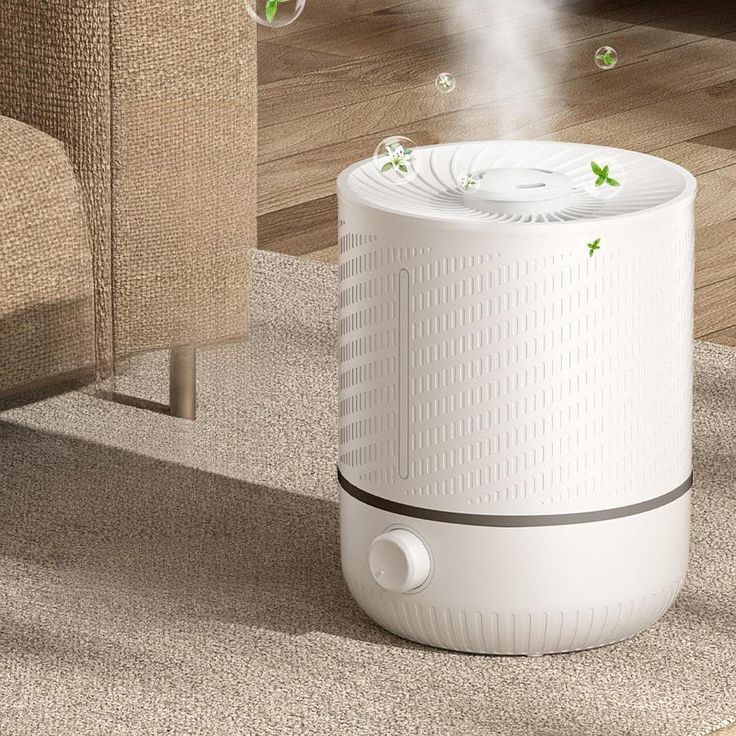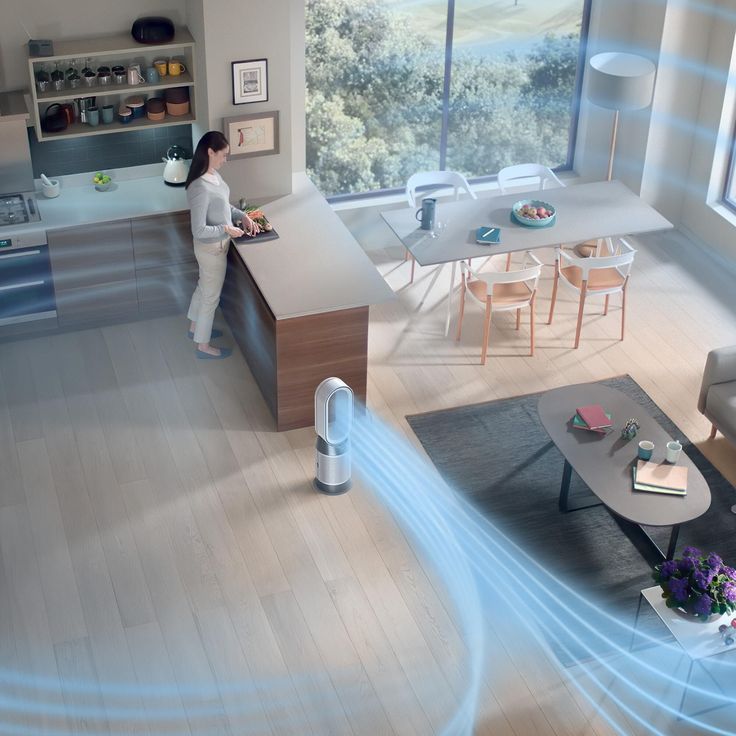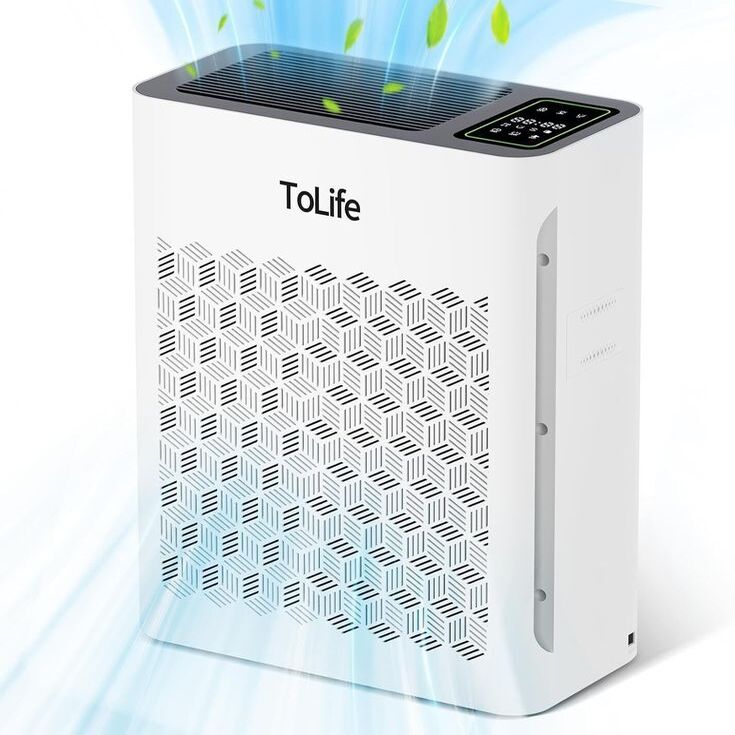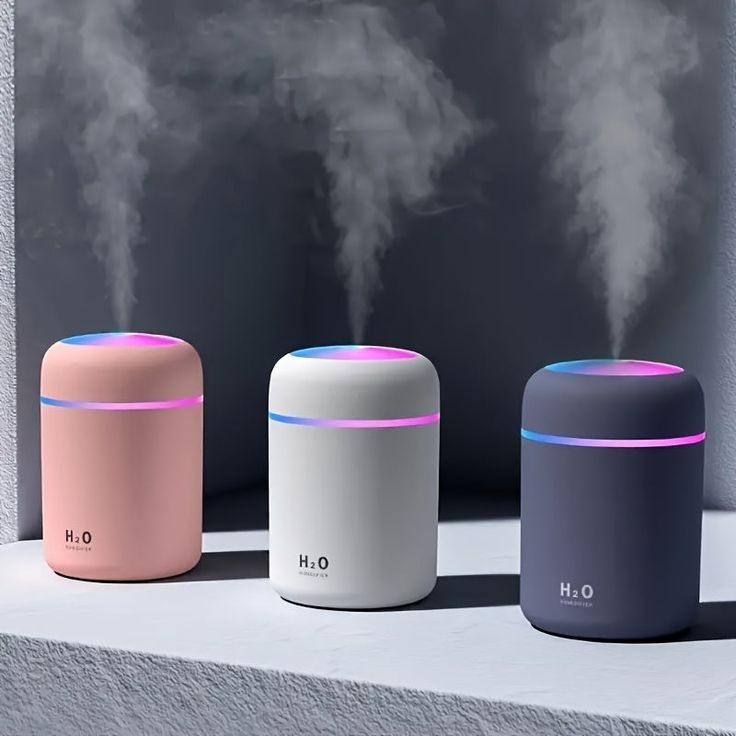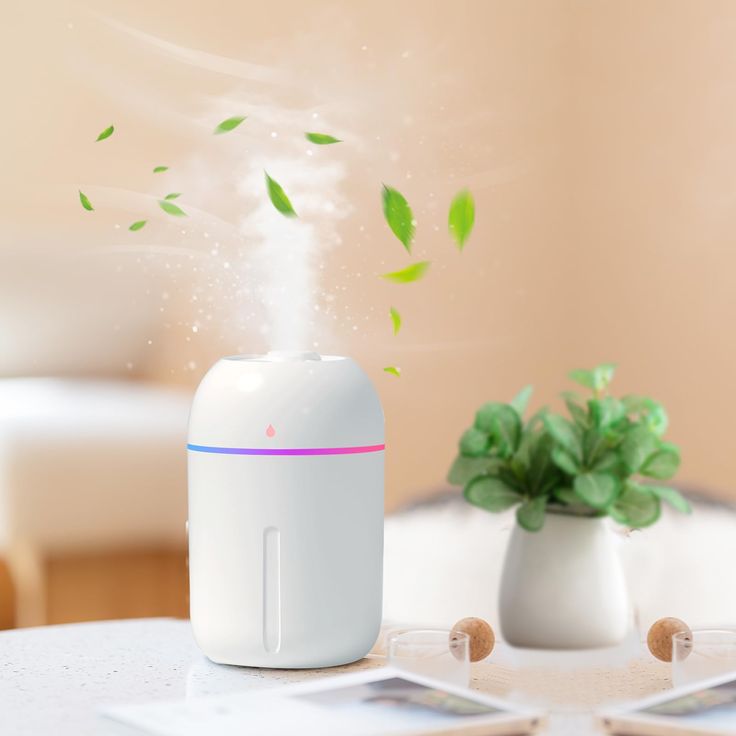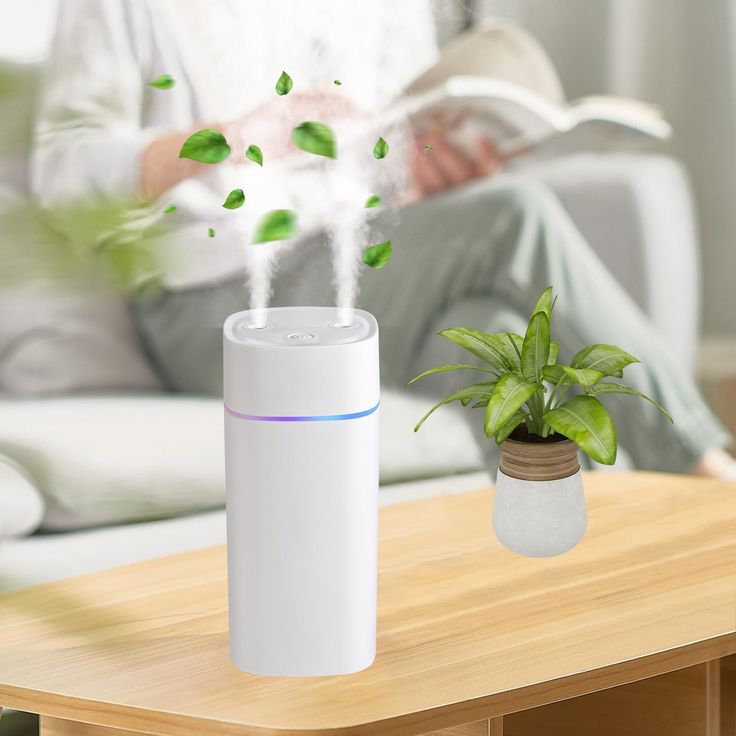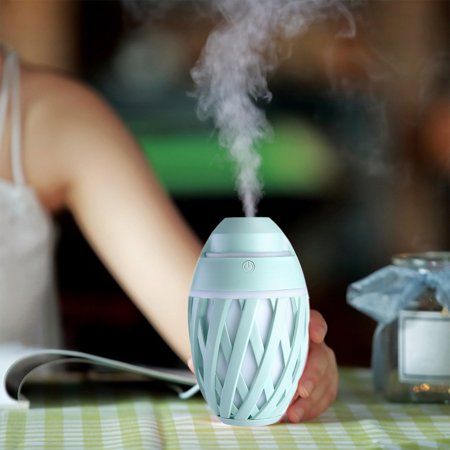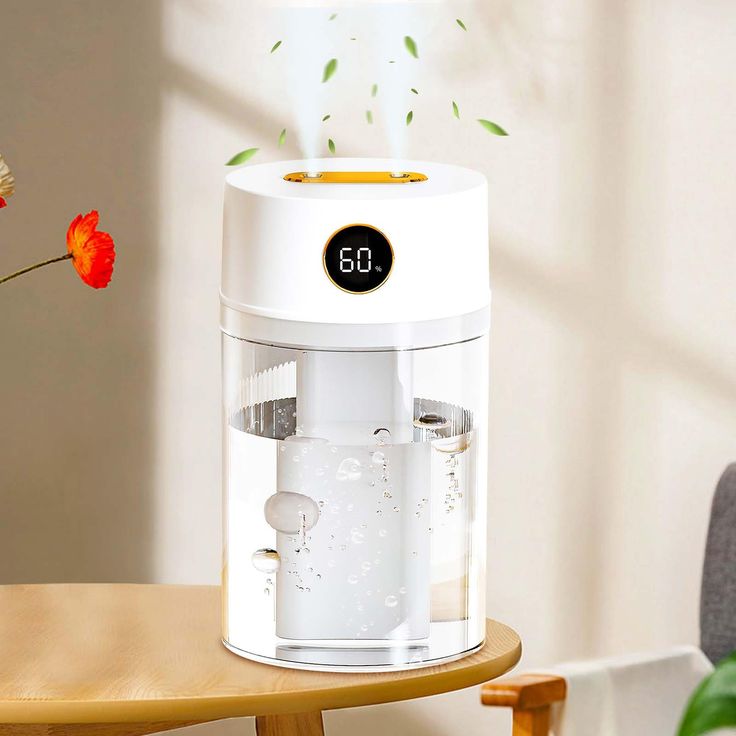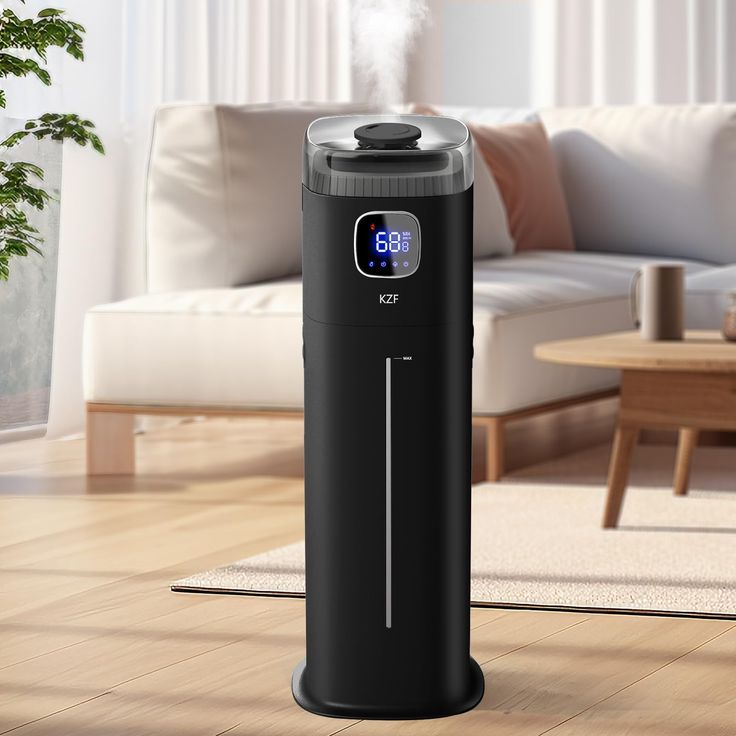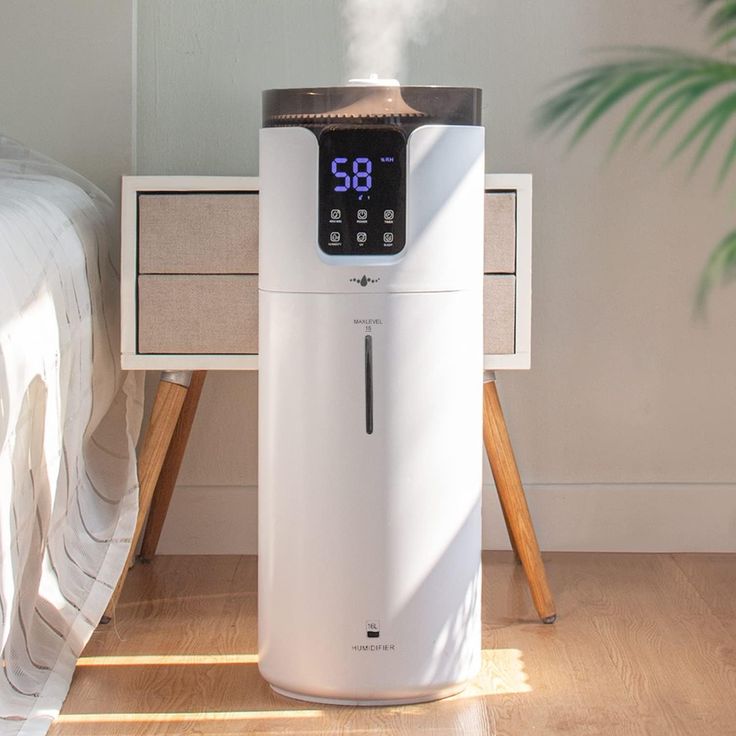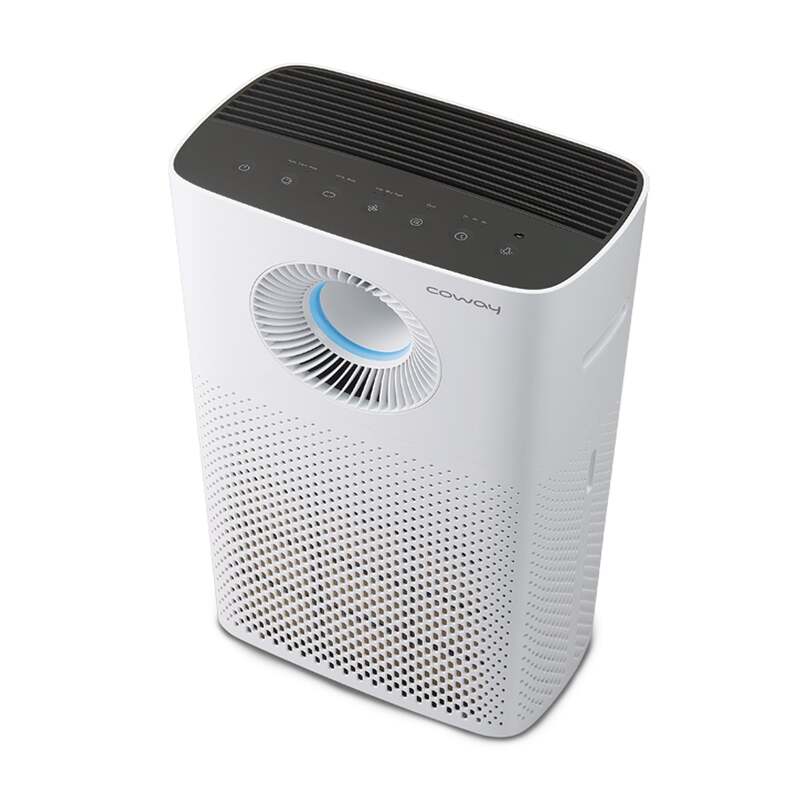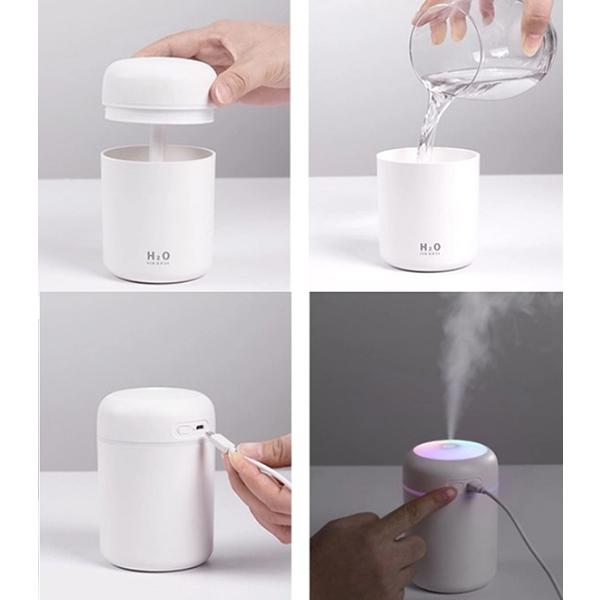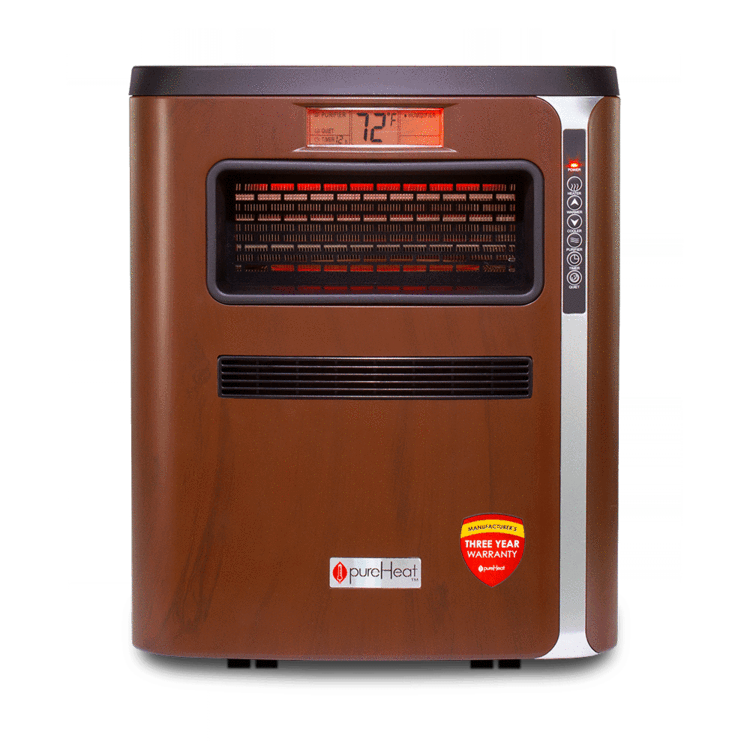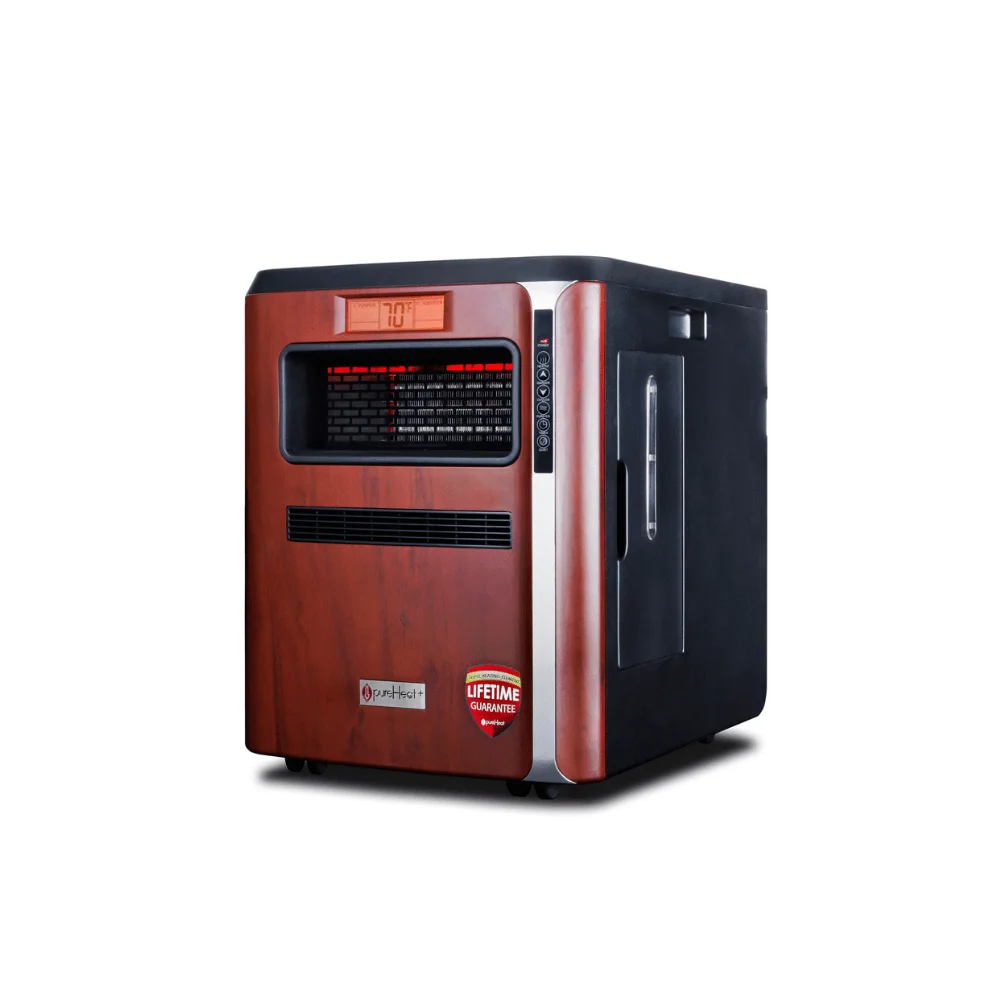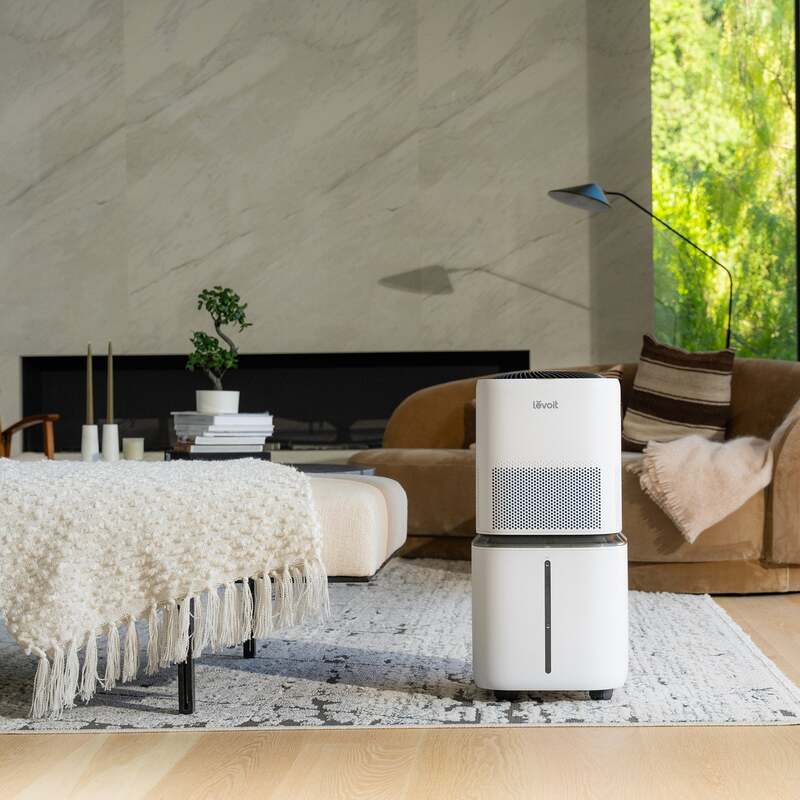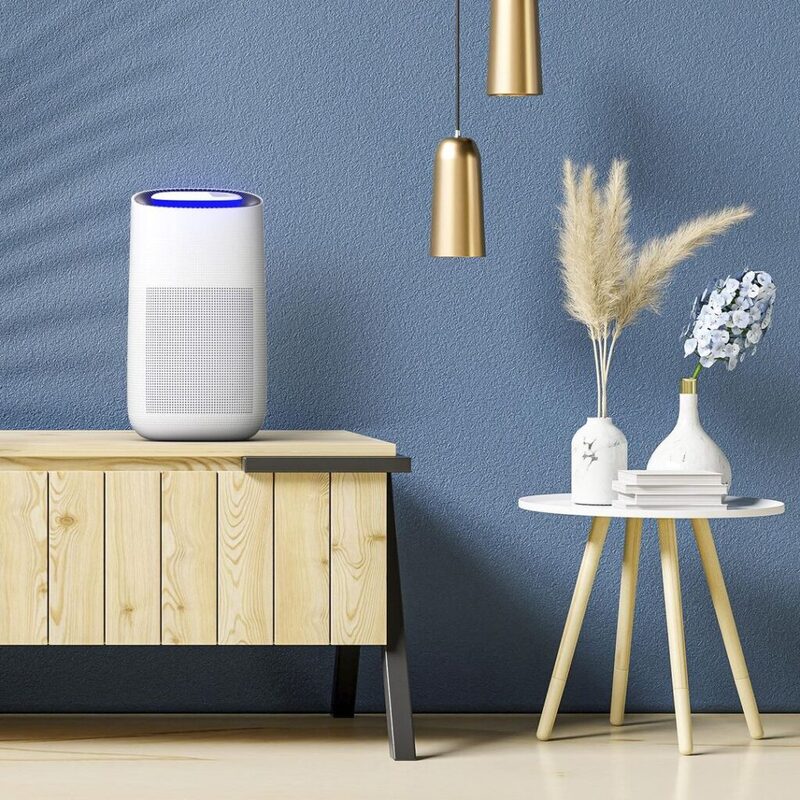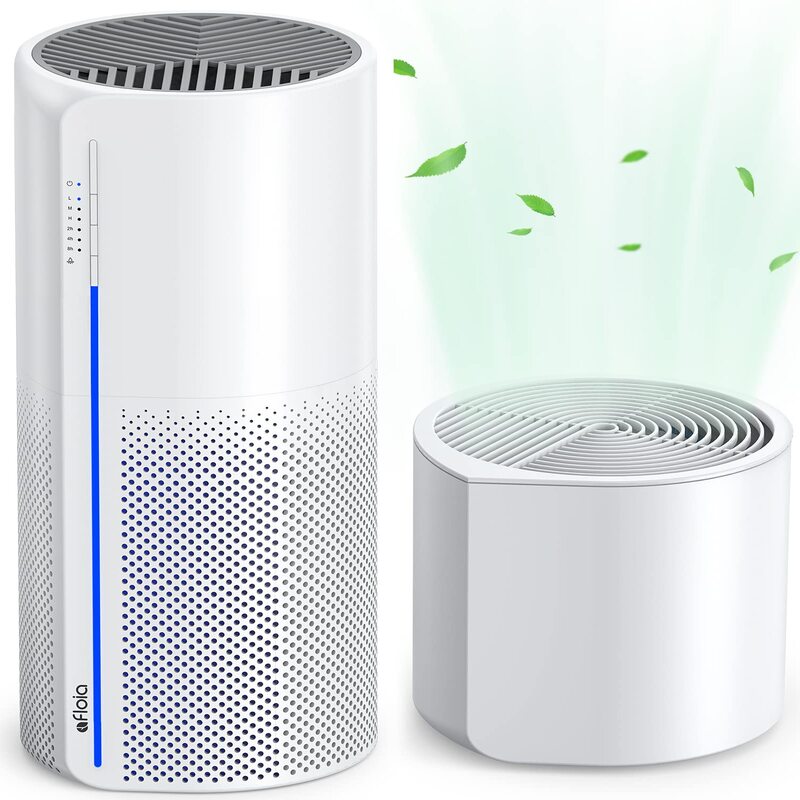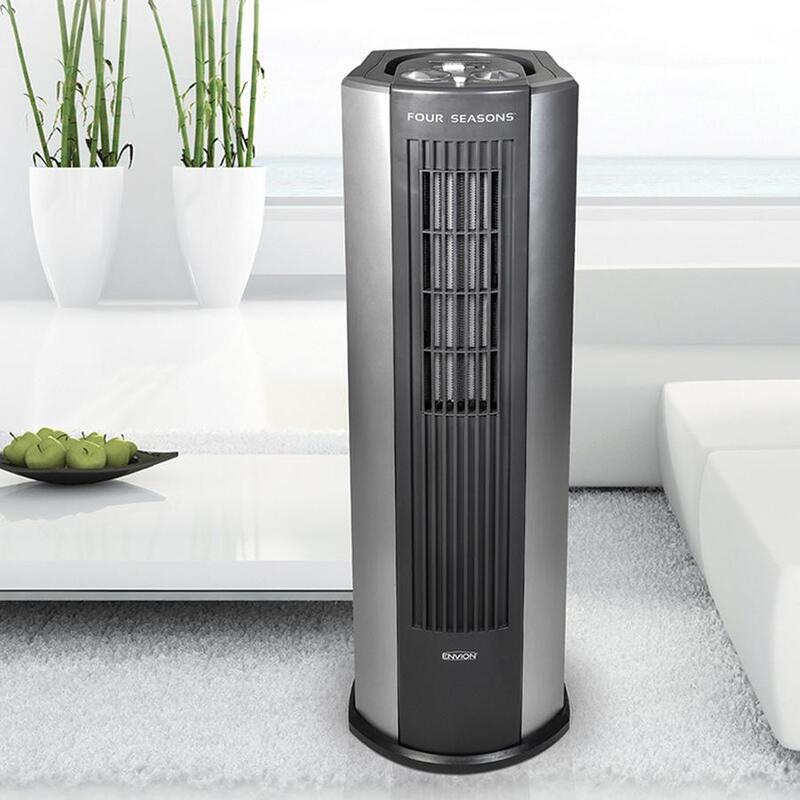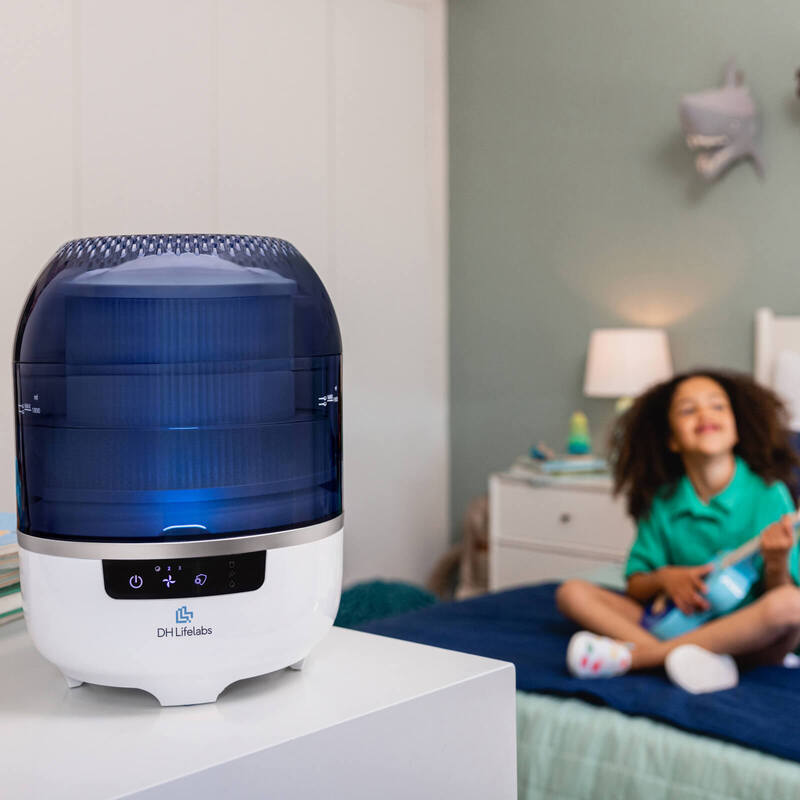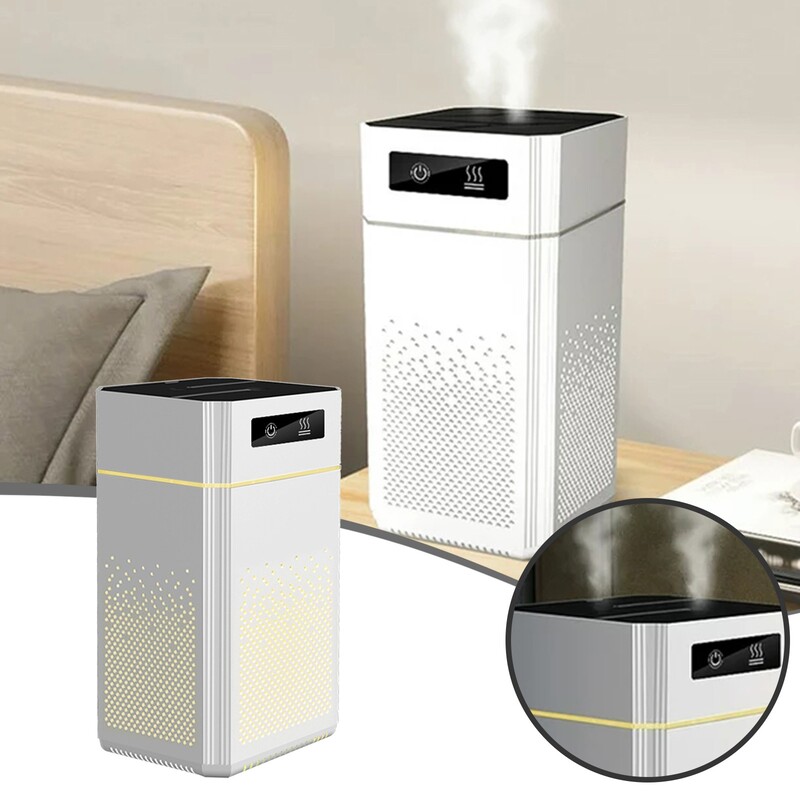The Role of Humidifiers in Indoor Air Quality
Humidifiers play a key part in managing indoor air quality. They work by adding moisture to the air, which can help in many ways. Can a humidifier make you sick? Proper humidity levels can prevent dry skin, relieve allergy symptoms, and make breathing easier. But, like any tool, their benefits depend on how well we use them.
Humidifiers that are clean and well-maintained can help keep indoor air comfortable, especially during dry seasons. They balance the moisture to ensure a pleasant living space. However, if we neglect them, humidifiers can harm more than help. They may turn into breeding grounds for mold and bacteria. This can worsen air quality and put our health at risk.
To enjoy the benefits without the drawbacks, it’s crucial to use humidifiers wisely. This includes regular cleaning and using the right water, which we will discuss in upcoming sections. Maintaining the correct humidity level is also essential, not just for comfort, but for our health. Let’s explore these factors more closely in the following sections of our article.
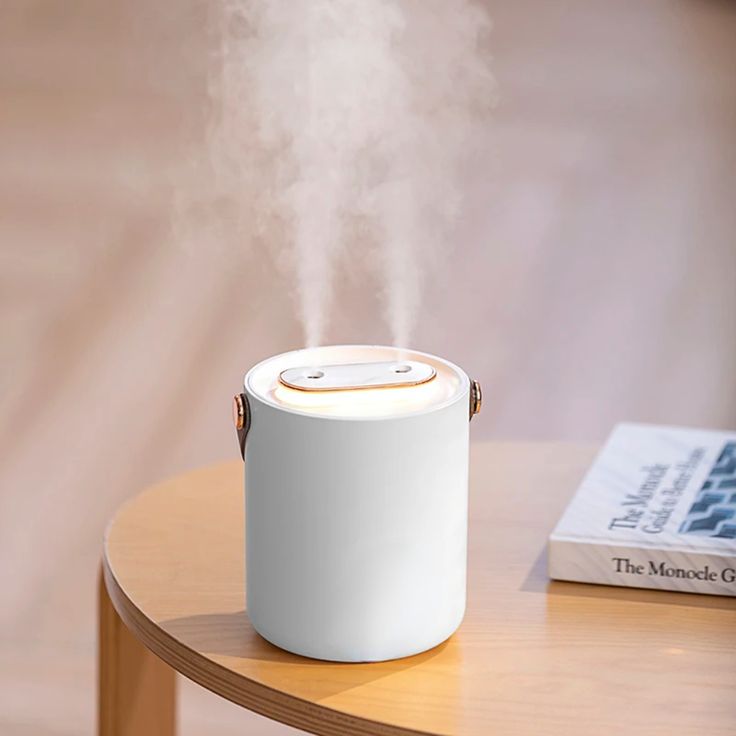
Potential Health Risks Associated with Improper Humidifier Use
Using a humidifier incorrectly can lead to several health risks. When not maintained properly, air humidifiers can breed harmful microorganisms. These include mold and bacteria which thrive in moist environments. If you breathe in air from a dirty humidifier, you may face respiratory issues.
The Consumer Product Safety Commission (CPSC) emphasizes potential lung problems from humidifiers. There’s even a term for this condition: ‘humidifier fever.’ This sickness arises from bacteria that colonize inside unclean humidifiers. Symptoms resemble the flu, but can escalate to more severe infections.
Moreover, young children and individuals with asthma or respiratory conditions are particularly vulnerable. Their lungs are not robust enough to combat the harmful particles a dirty humidifier emits. Thus, ensuring your humidifier is clean and well-maintained is crucial for the health of all household members.
According to health experts, it’s necessary to clean your humidifier every few days. Using distilled water instead of tap water helps prevent the buildup of harmful minerals and bacteria. These simple steps can significantly mitigate the risks associated with humidifier use.
In summary, for a safe and healthy environment, regular cleaning and proper usage of humidifiers are non-negotiable. Carelessness can transform a beneficial device into a source of illness.
Understanding ‘Humidifier Fever’: Viral Lung Inflammation from Bacteria
Humidifier fever is a term experts use for a type of lung problem. It happens when bacteria from a dirty humidifier go into your lungs. The bacteria cause inflammation, similar to viral lung infections.
Symptoms can be like the flu, with fever, cough, and feeling weak. If you don’t clean your humidifier, you risk breathing in these germs. People with breathing problems and kids may get sicker from humidifier fever. They have weaker defenses against these harmful particles.
The key to avoiding humidifier fever is maintenance. You should clean your humidifier well and often. Using distilled water also helps to keep bacteria away.
Janice Nolen, an air specialist, suggests cleaning at least every three days. Every day is better. She advises using dish soap and warm water to scrub away any buildup.
If a humidifier is not cleaned, it turns into a perfect place for germs to grow. And when you use it, it sends those germs into the air. Then you might breathe them in and get sick. That’s why staying on top of cleaning is so crucial for your health.
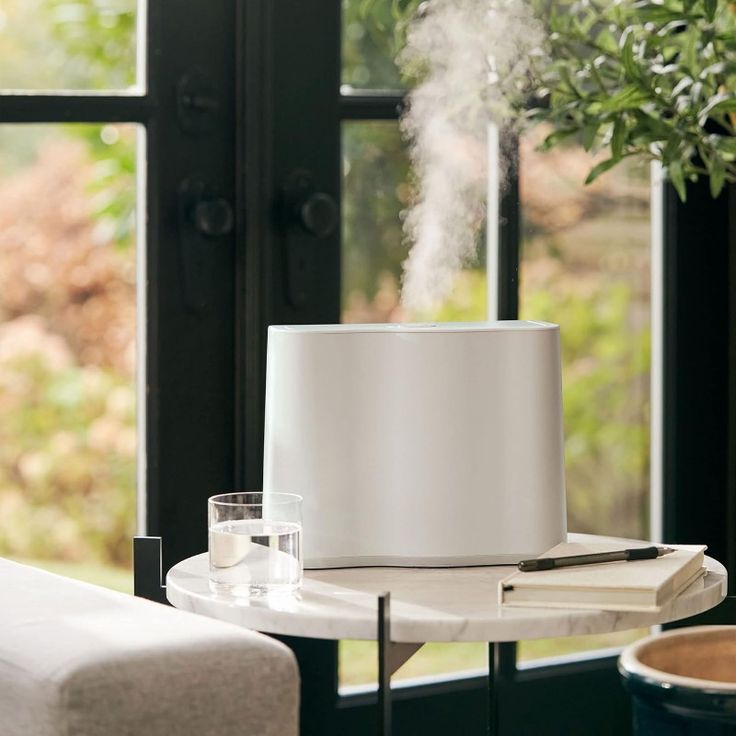
The Dangers of ‘White Dust’ and Its Impact on Children
‘White dust’ refers to the powdery build-up often seen in humidifiers. This substance originates from the minerals in unfiltered water. If these particles become airborne, they can pose a health risk. Children, in particular, are vulnerable to the effects of inhaling ‘white dust’. Their lungs are still developing and may not filter out harmful particles effectively.
Multiple studies highlight the potential dangers. For example, an infant suffered serious lung injuries linked to ‘white dust’. The Utah case involved a humidifier in the child’s room. Long-term exposure to such conditions can lead to respiratory issues.
Reports also caution against the use of humidifiers in children’s rooms. The 2005 government warning on pediatric asthma is a significant example. It draws attention to the potential risks.
The combination of ‘white dust’ and vulnerable respiratory systems requires caution. Parents and caregivers must take steps to minimize risks. Primarily, this involves using distilled water and keeping humidifiers clean.
In summary, ‘white dust’ is a risk factor, especially for children. Ensuring diligent maintenance of humidifiers will help to keep the air safe. This approach safeguards the well-being of the youngest and most sensitive members of our families.
Best Practices for Humidifier Maintenance and Cleaning
Maintaining and cleaning your humidifier is key to its performance and your health. Here are the best practices for ensuring your humidifier does not become a health hazard:
- Regular Cleaning: Empty and clean your humidifier every three days or even daily, as recommended by air quality experts. Scrub the water reservoir with plain dish soap and warm water. This routine prevents the growth of bacteria and mold.
- Appropriate Cleaning Supplies: Avoid using harsh chemicals, which might add harmful toxins to the air. Stick with mild cleaning agents like dish soap. These are effective and safer for regular use.
- Complete Drying: After cleaning, ensure all parts of the humidifier are completely dry before reassembling. This step is crucial to prevent mold and bacteria from thriving in moist areas.
- Regular Replacement of Parts: Replace any filters or parts as recommended by the manufacturer. Old or worn-out parts can harbor bacteria and reduce the efficiency of your humidifier.
By following these simple yet effective practices, you can ensure your humidifier remains a helpful tool for maintaining good indoor air quality rather than a potential source of illness.
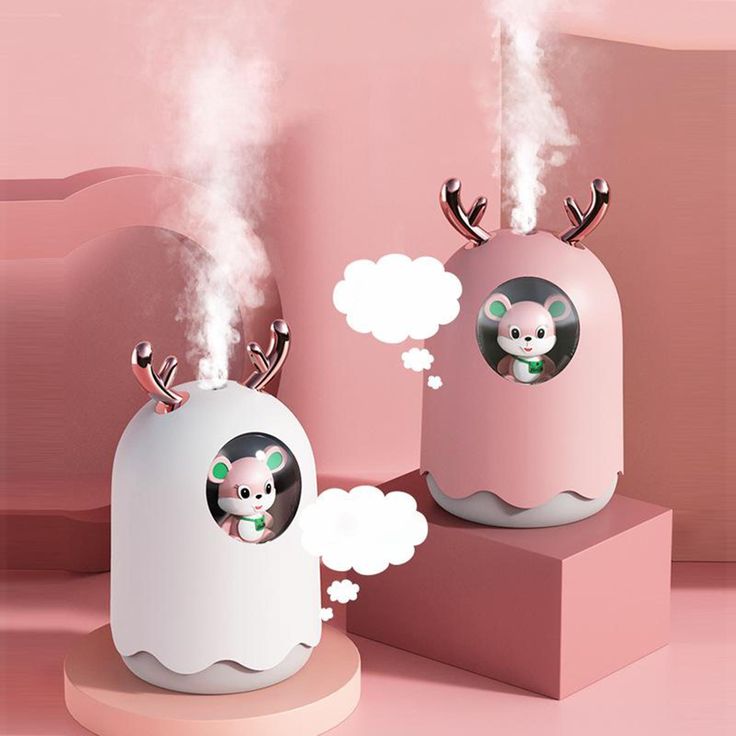
Guidelines for Water Use in Humidifiers
Choosing the right type of water for your humidifier is crucial. Water quality affects how effectively the humidifier operates and its impact on air quality. Here are key guidelines to follow:
- Use Distilled Water: Experts often recommend using distilled water in humidifiers. Unlike tap water, distilled water does not contain minerals that can create ‘white dust’. This dust can be harmful when inhaled, especially for children.
- Avoid Tap Water: Tap water can contain minerals and impurities that promote the growth of microorganisms and mineral deposits inside your humidifier. Using tap water can lead to health issues and reduce the lifespan of your device.
- Change Water Regularly: Always empty the water reservoir when the humidifier is not in use. Refill it with fresh distilled water before each use. This practice prevents the growth of bacteria and mold.
- Consider Water Quality Relative to Your Location: The overall quality of water can vary significantly depending on geographical locations. Research your local water quality and consider testing if you must use tap water. This can help you understand potential risks.
By adhering to these guidelines, you can ensure that your humidifier functions effectively, without adding risks to your health. Perfect water use helps maintain optimal indoor air quality and minimizes hazards associated with improper humidifier use.
Humidity Levels and Their Effects on Your Environment
Maintaining appropriate humidity levels is essential for a healthy indoor environment. Too much or too little humidity can cause various problems.
Too Much Humidity
High humidity levels can lead to the growth of mold and mildew. These can trigger allergies and respiratory issues. Surfaces may also become damp, causing damage over time.
Too Little Humidity
On the other hand, low humidity can make the air dry. This can irritate your skin, eyes, and throat. Dry air can also cause static electricity and damage wooden furniture.
Ideal Humidity Levels
Experts suggest keeping indoor humidity between 30% and 50%. This range helps in preventing the growth of unwanted organisms. It also ensures comfort and health for your home’s occupants.
To monitor your home’s humidity, consider using a hygrometer. This tool measures the moisture level in the air. It helps you adjust your humidifier settings accordingly.
Adjusting your Humidifier
If the humidity is too high, decrease your humidifier’s output. If it’s too low, increase the output. Always use clean, distilled water to prevent ‘white dust’ and microorganism buildup.
Properly managing humidity levels using a well-maintained humidifier can prevent sickness. It also enhances indoor air quality, making your home safer and more comfortable.
Comparing Types of Humidifiers: Evaporative vs. Ultrasonic
When selecting a humidifier, you’ll come across mainly two types: evaporative and ultrasonic. Each has unique features and implications for indoor air quality and health.
Evaporative Humidifiers
Evaporative humidifiers work by drawing air through a moist wick filter. As air passes through the filter, it evaporates water from the wick. This type is self-regulating as the rate of humidity output adjusts with the air’s capacity to hold moisture. Here are some key points:
- Energy Efficiency: These use less electricity compared to ultrasonic models.
- Hygienic: Less likely to emit minerals or white dust as they typically use a filter.
- Noise Level: Tend to be louder due to the fan operation.
Ultrasonic Humidifiers
Ultrasonic humidifiers use a metal diaphragm vibrating at an ultrasonic frequency, similar to a speaker. These vibrations create water droplets that silently exit the humidifier in the form of a cool fog. Highlights include:
- Quiet Operation: They operate very quietly, making them suitable for bedrooms.
- No Filters Required: There are no filters to replace, which can reduce ongoing costs.
- Risk of White Dust: Can emit white dust if used with hard water; distilled water is recommended.
In conclusion, choosing between an evaporative and ultrasonic humidifier depends on your specific needs like noise tolerance, energy efficiency, and maintenance preferences. Always maintain proper cleaning irrespective of the type to avoid potential health risks associated with humidifiers.

